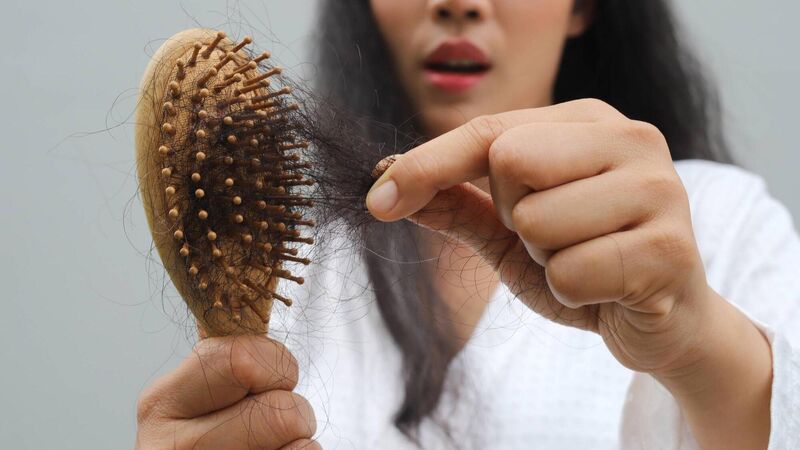Dealing with hair loss? Here's the expert advice for boosting confidence

Hormonal shifts, increased daily shedding, and natural follicle shrinkage can combine to make hair look finer and wispier.
Hair loss is more common than many realise, especially from the age of 30 onwards.
Hormonal shifts, increased daily shedding, and natural follicle shrinkage can combine to make hair look finer and wispier.







